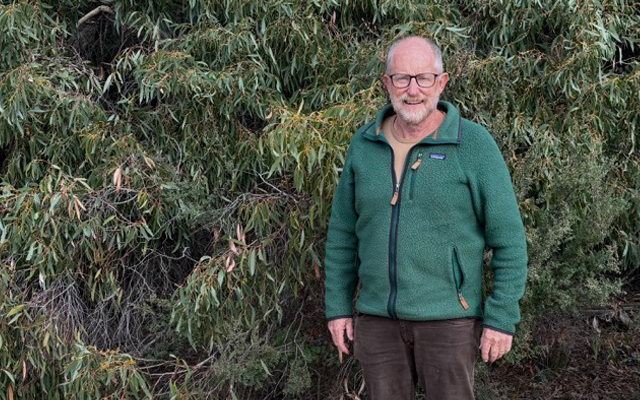The New Zealand government’s decision to permit the promotion of locally unapproved pharmaceutical products at medical conferences has drawn mixed reactions from two key voices in the industry.
The amendment to the country’s Medicines Act, due to take effect by year-end, will permit pharmaceutical companies to present new products to medical professionals even before they receive Medsafe approval.

The reform could unlock lucrative new opportunities for New Zealand’s business events sector, long constrained by strict regulatory barriers.
Mike Pickford, executive chair of ASN Events, welcomed the move after advocating for the change for more than six years.
“When we have meetings in New Zealand, a lot of Australian sponsors just wouldn’t come because of obstacles to talking about products not registered locally.
“Now, I can go to half a dozen clients and say that their reason for not coming to New Zealand is gone. I’m thrilled about the change, and I think New Zealand is getting increasingly well positioned to capture some really significant meetings that probably haven’t been in this space before,” Pickford told TTGmice.

Adeline Kang, director of operations Japan, China, and Asia Pacific at MSD International, said that while the development was positive, the real impact in the international medical conferencing sector may be slow to realise due to multi-year bid cycles and existing venue contracts in a highly competitive environment.
“If you want to play in this space, it’s a long game,” she said, calling for New Zealand to be more proactive in communicating the change and offering compelling support packages.
Kang pointed to New Zealand’s challenging geographical distance as being “more down under than Down Under”, and said New Zealand must work closely with airlines, hotels, and key opinion leaders to present a holistic proposition – especially when up against established destinations like Singapore, which she highlighted as a benchmark for its collaborative approach and aggressive support for business events.
Nonetheless, Pickford noted that the Medical Act change has come at an opportune time, as shifting geopolitical dynamics in the US are forcing medical and scientific associations to reassess traditional conference destinations.
“There’s a bit of resistance to actually running the conferences in America, with the Americans withdrawing their funding support for a lot of international disease campaigns,” he explained.
“Some of these are changing destination decisions at very short notice, so there’s some fluidity in the short term. Hopefully this is an issue that will disappear with some time. But right now, all of my clients, whether they’re international or Australian, are doing risk assessments for their meetings and after the Covid experience, which was quite traumatic for some, they are more risk averse than they were before.”
In response, Penelope Ryan, global manager business events at Tourism New Zealand, acknowledged both the scale of the challenge and the opportunities ahead. She told TTGmice at Meetings 2025 in Auckland that the Medical Act change is only the beginning, with the focus now on building awareness and educating prospective event organisers, particularly in key growth markets across Asia.





















